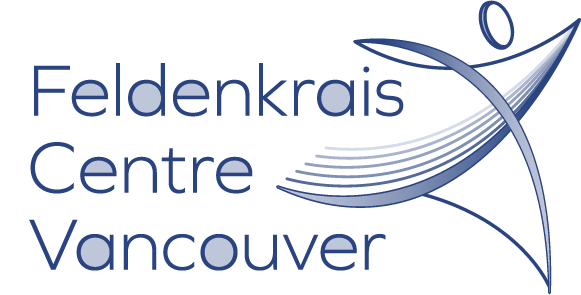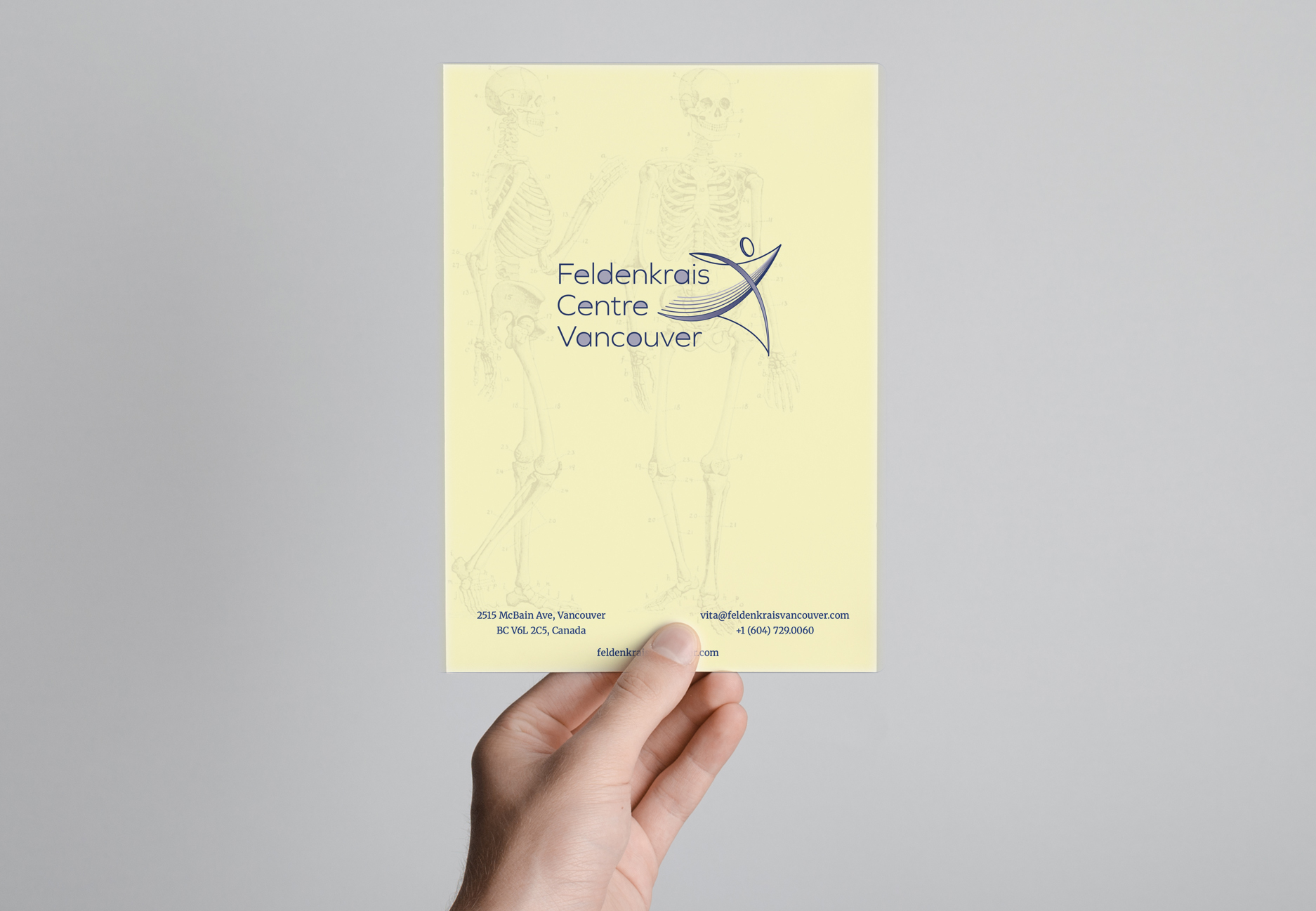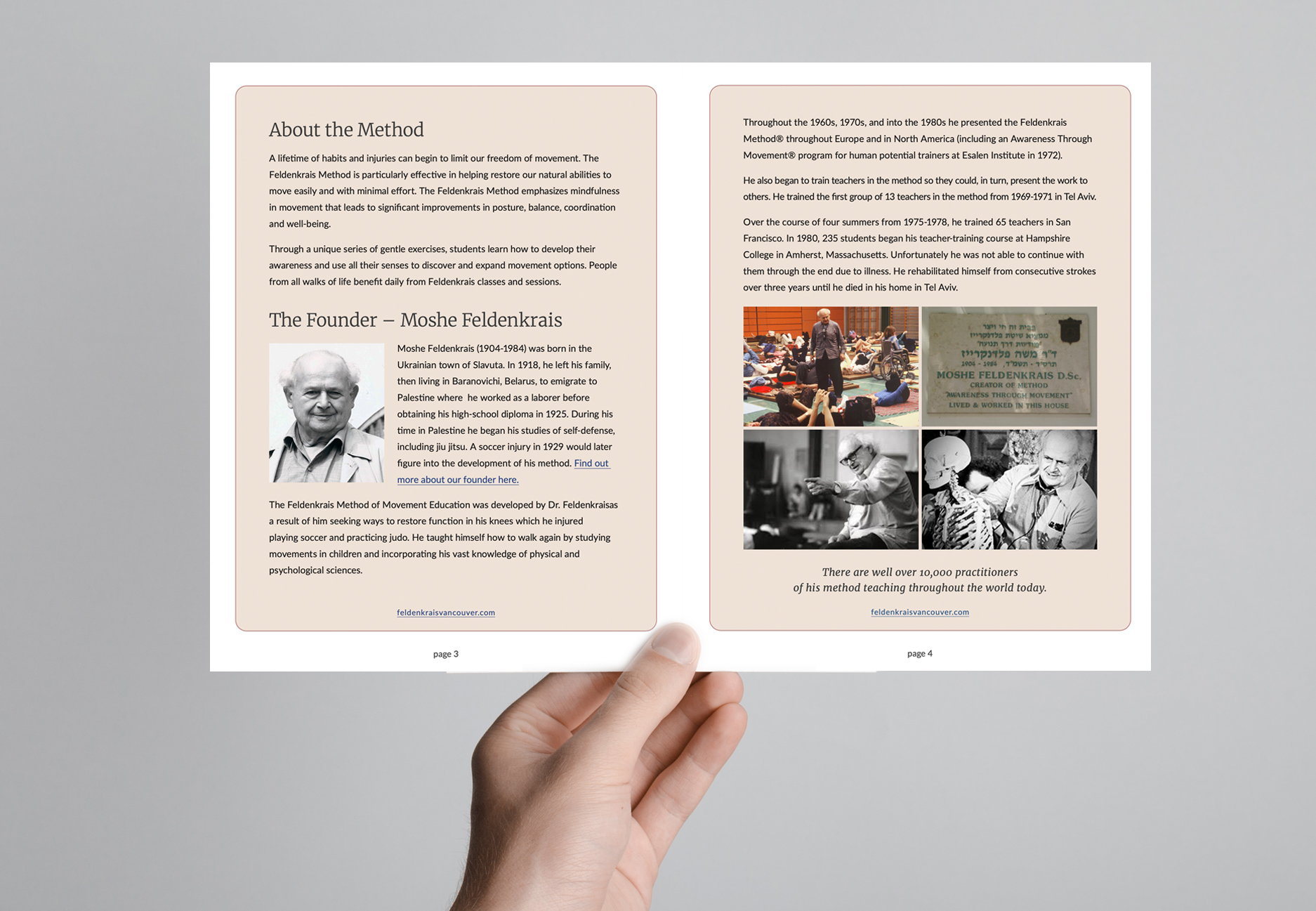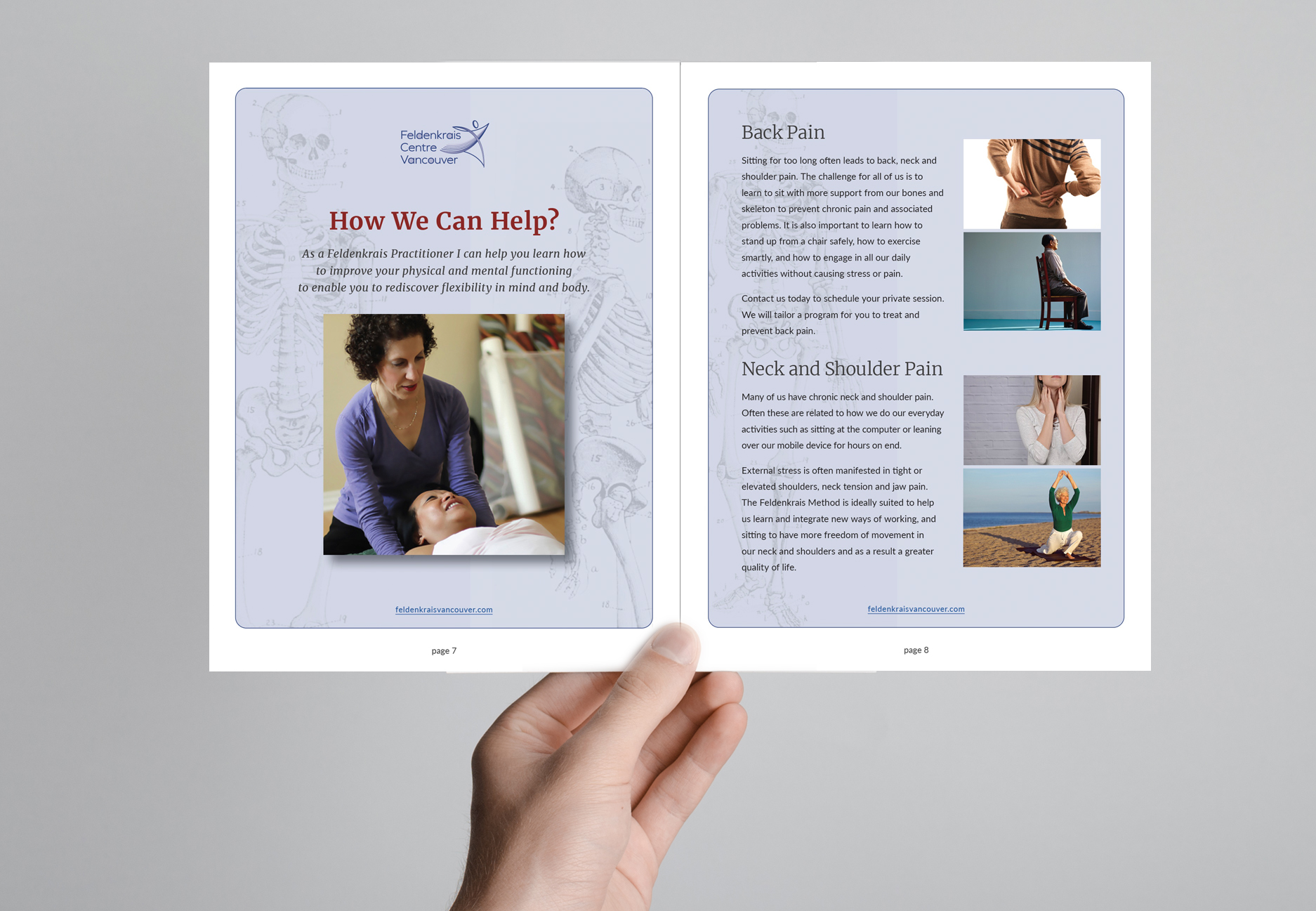Sleep is a big topic of conversation.
Every day I hear someone say they didn’t have a good night sleep the previous night or that they are notoriously poor sleepers.
Insomnia refers to the inability to get to sleep or to stay asleep after waking up at night. Many factors can affect sleep including the foods we eat and when we eat them, how much caffeine we drink (or eat) and the timing, exercise, enviornmental factors, hormones. A variety of health conditions and their associated medications can also be culprits.
When I was a child I was often told that a good night sleep was important for learning. Now there is more evidence to support this. In a recent article Robert Stickgold, a sleep researcher at Harvard Medical School, suggests that sleep has many diverse roles, impacting not only learning and memory retention but also medical and psychiatric conditions. And the amount of sleep we all need is individual.
What we do know is that exercise and movements help promote sleep. Exercising earlier in the day is probably better if you are someone with sleep issues. Yoga and Feldenkrais® classes and other movment modalities can also promote rest and relaxation. Small movements done in connection to natural breathing is the framework of the Sounder Sleep System® which is easy to learn and use on a daily basis. It incorporates breathing with small movements to help us turn off daytime brain activity to promote restful sleep. It is non medical and requires no drugs or equipment.
If you want to know more or learn the Sounder Sleep system, contact me for information about an upcoming workshop.



